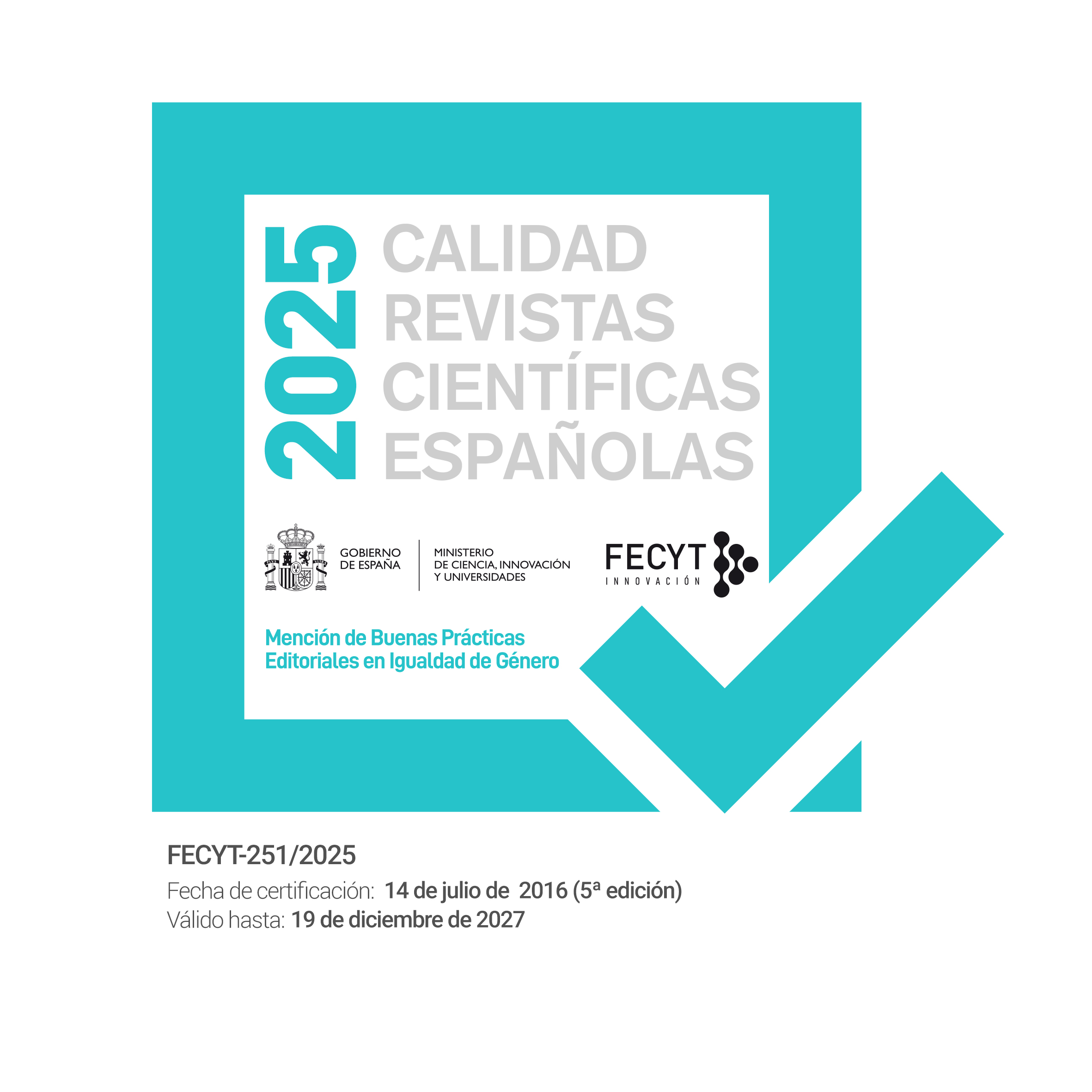Criterios éticos para revisar investigaciones en Ciencias Sociales. Sistematización de una experiencia
DOI:
https://doi.org/10.5944/empiria.54.2022.33739Palabras clave:
Ciencias Sociales, Comités de Ética de Investigación, Ezekiel Emanuel, Investigaciones Sociales, Universidad Estatal, Social Science, Research Ethics Committee, Social Research, State UniversityResumen
Los criterios de evaluación que utilizan los Comités de Ética de Investigación provienen de estudios en medicina, y desde sus fuentes y experiencias algunos especialistas proyectan requisitos éticos universales sustentados en la investigación clínica. Esto abre la discusión si dichos principios pueden ser transferibles para evaluar las investigaciones en ciencias sociales, que comúnmente utilizan métodos y conocimientos situados y polisémicos, que interpelan en los Comités las formas de entender el consentimiento informado, los riesgos y los beneficios de las investigaciones. El objetivo del artículo es sistematizar el trabajo de revisión de proyectos del Comité de Ética Institucional (CEI) de la Universidad de Santiago de Chile. Metodológicamente se realizó análisis de contenido de 114 proyectos provenientes de las ciencias sociales. Preliminarmente se utilizaron como elementos orientadores del análisis los siete requisitos éticos universales de Ezekiel Emanuel, cuya propuesta es asumida y seguida por las directrices ministerial de Chile que ordena la labor de los Comités de Ética de Investigación. Entre los resultados se encuentra que los requisitos universales de Emanuel están presentes en gran parte de los proyectos en ciencias sociales, pero no son suficientes para abordar las situaciones específicas de investigación en ciencias sociales, siendo imprescindible la deliberación de las investigaciones por equipos multidisciplinares para respetar la heterogeneidad y la complejidad del sujeto social.
The evaluation criteria used by the Research Ethics Committees come from studies in medicine, some specialists project, from their sources and experiences, universal ethical requirements based on clinical research. This opens the discussion on whether such principles can be transferable to evaluate social science research, which commonly uses complex methodologies and knowledge that challenge the Committees on ways to understand informed consent, the risks and benefits of research. The objective of the article is to systematize the project review work of the Institutional Ethics Committee (IEC) of the University of Santiago, Chile. The methodology includes the content analysis of 114 projects from the social sciences. The seven universal ethical requirements of Ezekiel Emanuel were used as a guiding element of the analysis, whose proposal is assumed and followed by Chilean ministerial instructions that order the work of the Research Ethics Committees. Among the results is that the universal requirements of Emanuel are present in a large part of the projects in social sciences, but they are not enough to approach the specific situations of research in social sciences, being the deliberation of the investigations by multidisciplinary teams essential to respect the heterogeneity and complexity of the social subject.
Descargas
Descargas
Publicado
Cómo citar
Número
Sección
Licencia
Derechos de autor 2022 Empiria. Revista de metodología de ciencias sociales

Esta obra está bajo una licencia internacional Creative Commons Atribución-NoComercial-CompartirIgual 4.0.
Los autores que publican en esta revista están de acuerdo con los siguientes términos:a) Los autores conservan los derechos de autor y garantizan a la revista el derecho de ser la primera publicación del trabajo al igual que licenciado bajo una Licencia Internacional Creative Commons CC BY-NC-SA 4.0.
b) Se permite y se anima a los autores a difundir electrónicamente las versiones pre-print (versión antes de ser evaluada) y/o post-print (versión evaluada y aceptada para su publicación) de sus obras antes de su publicación, ya que favorece su circulación y difusión más temprana y con ello un posible aumento en su citación y alcance entre la comunidad académica.












